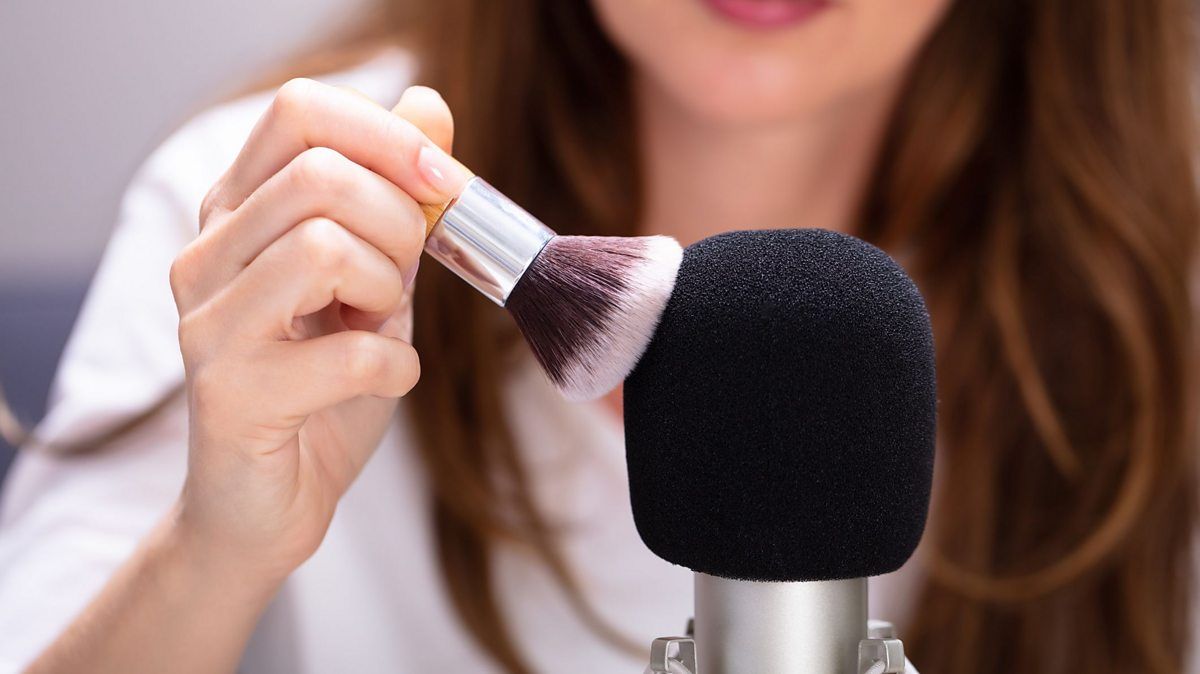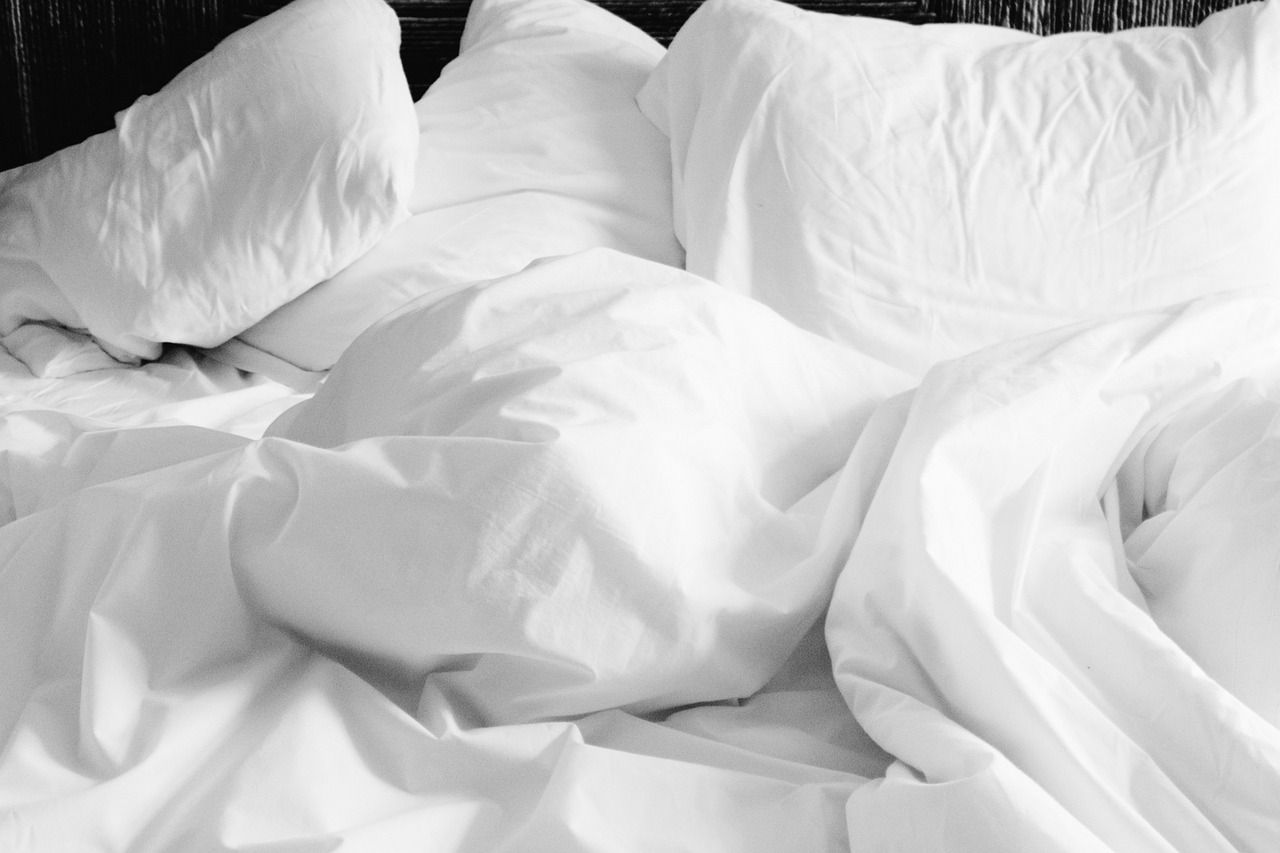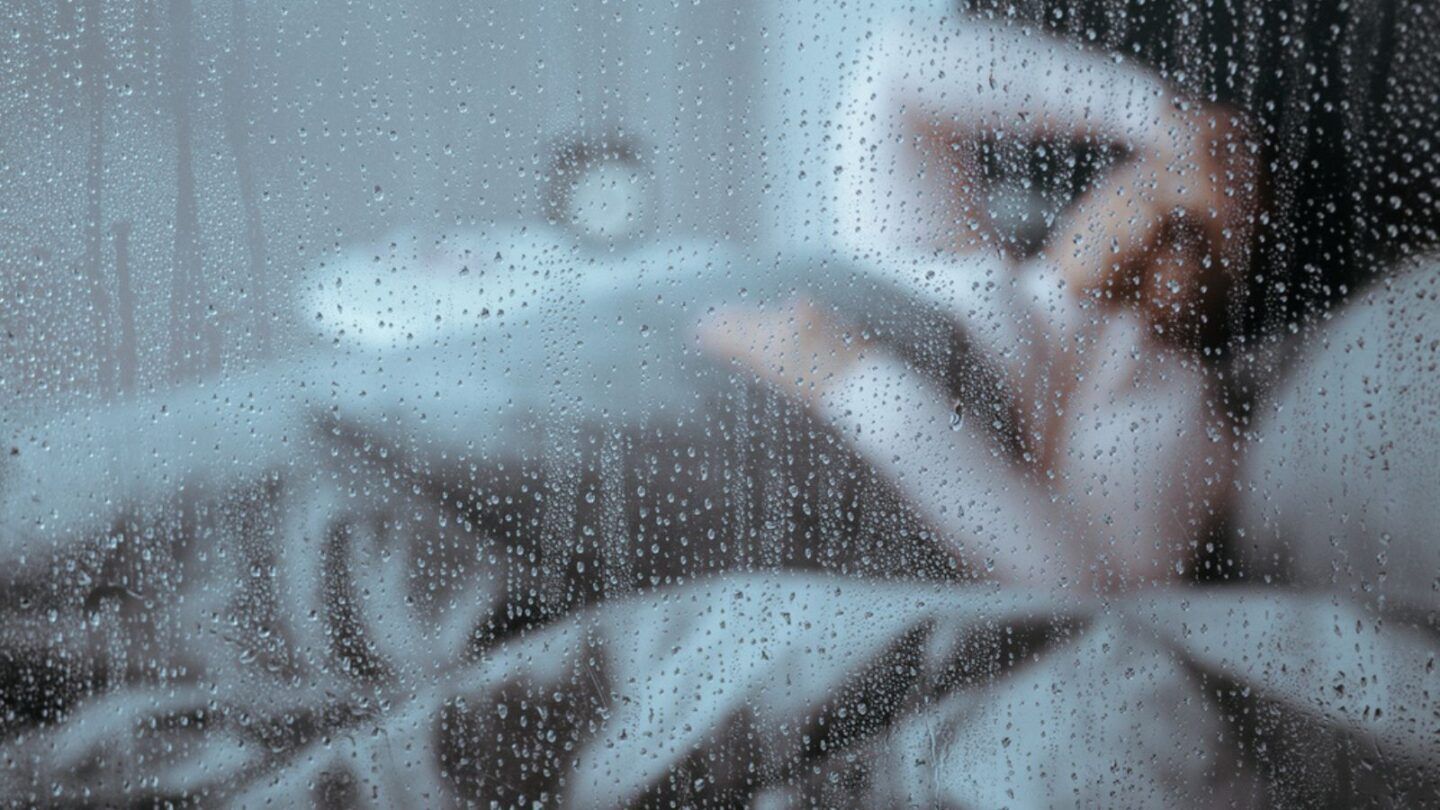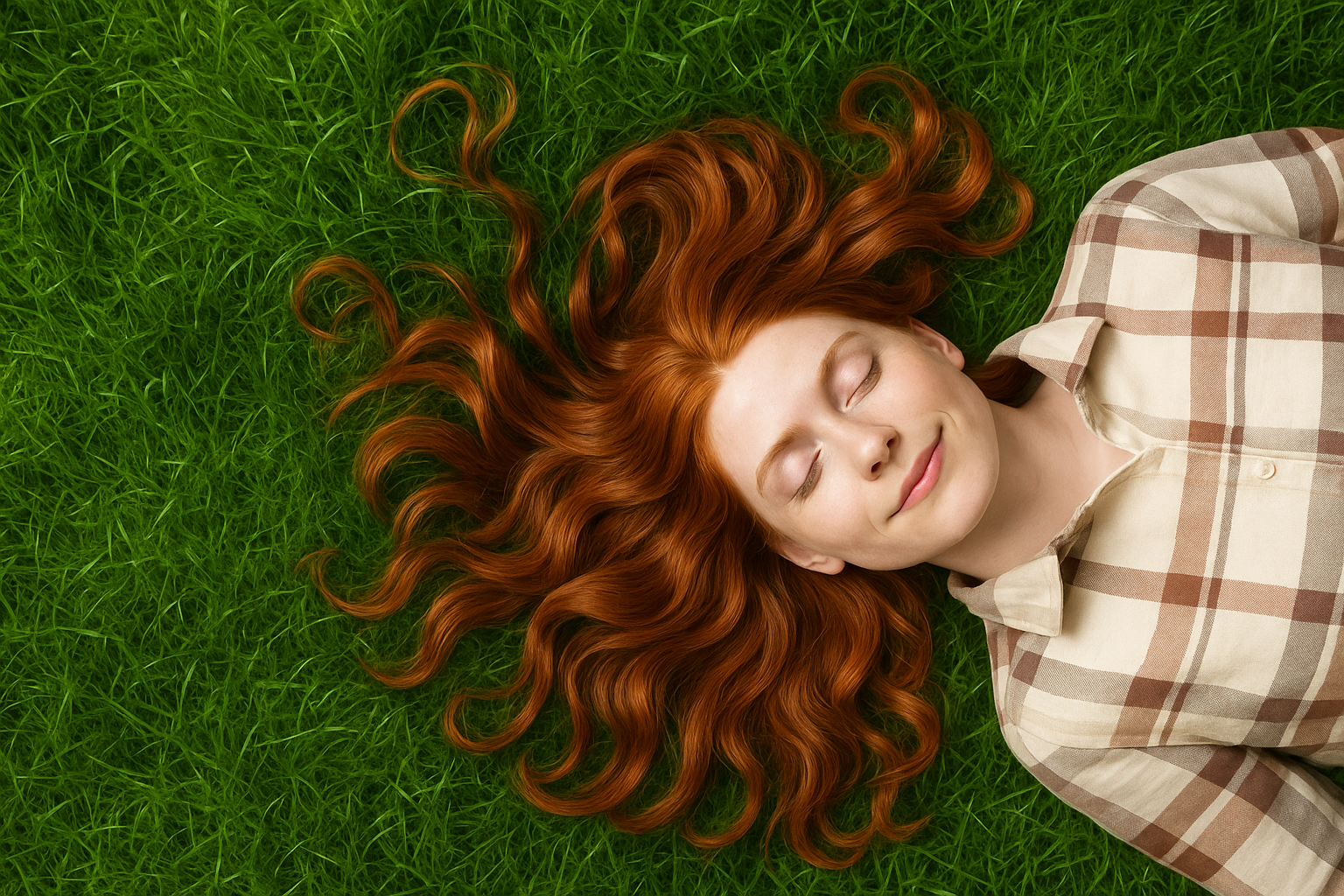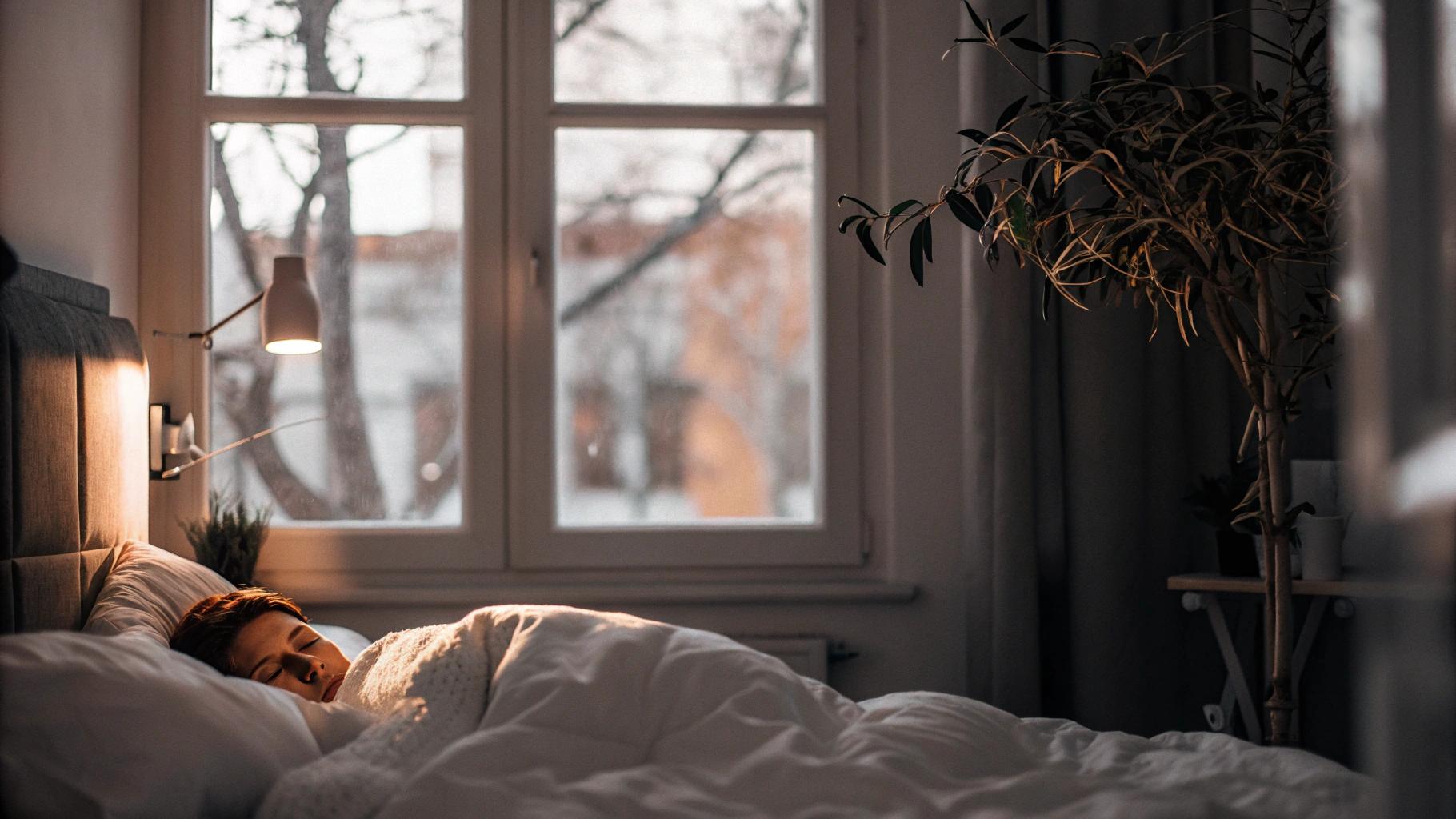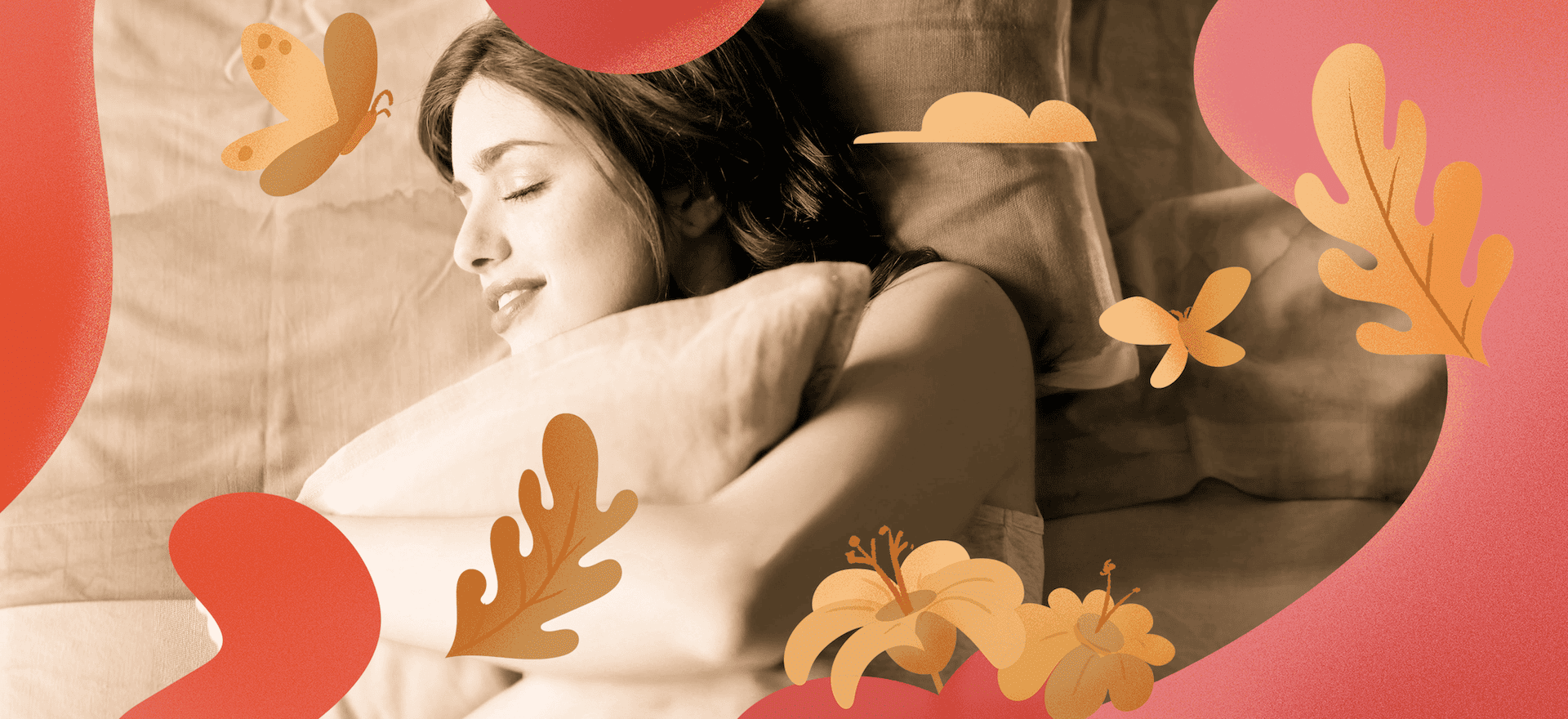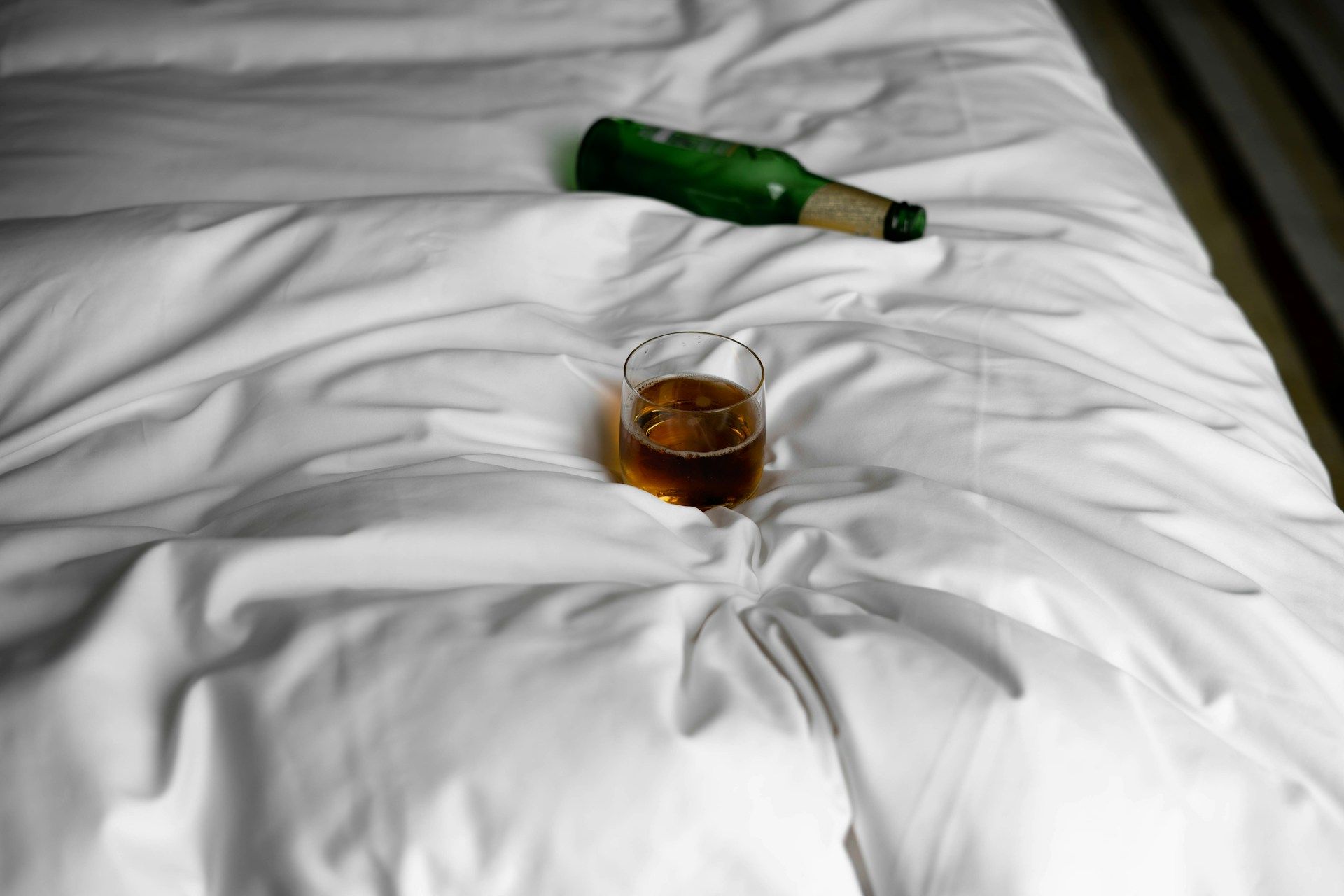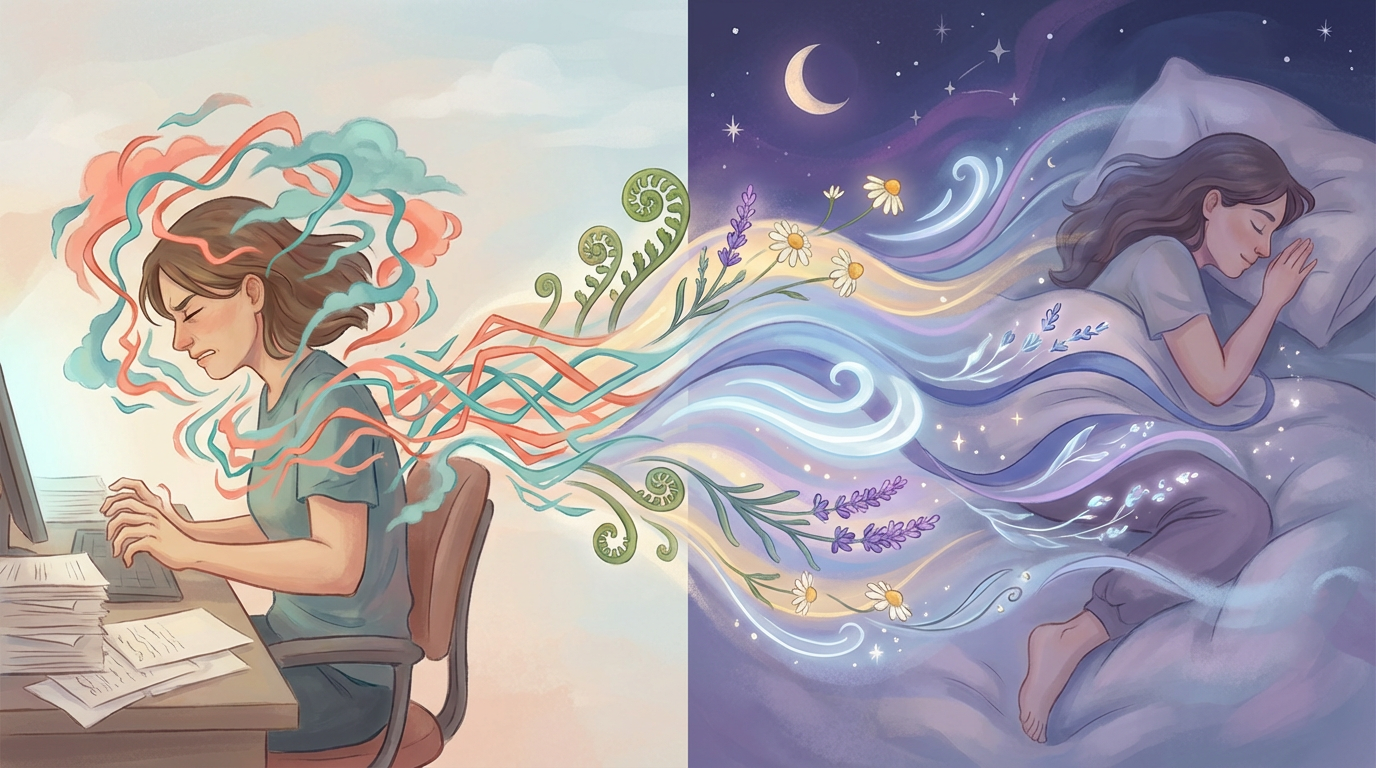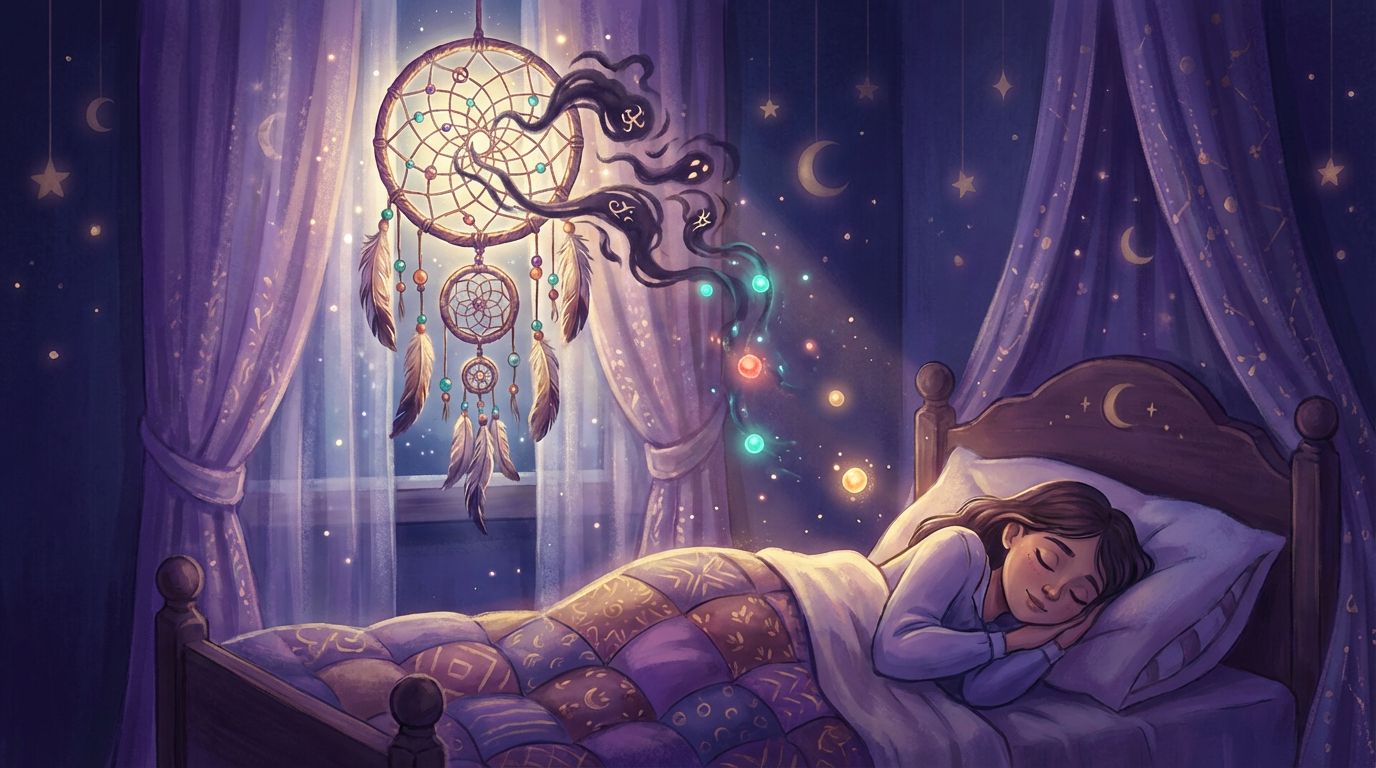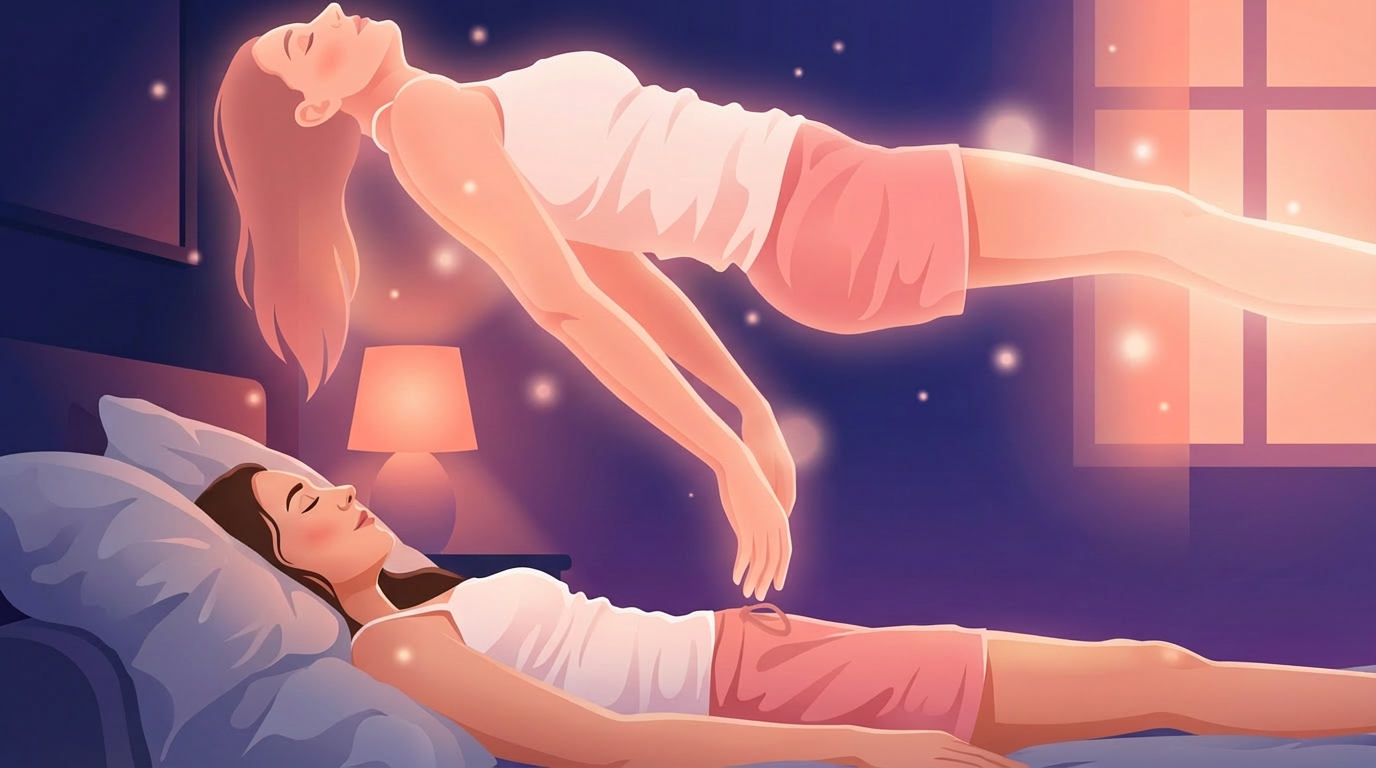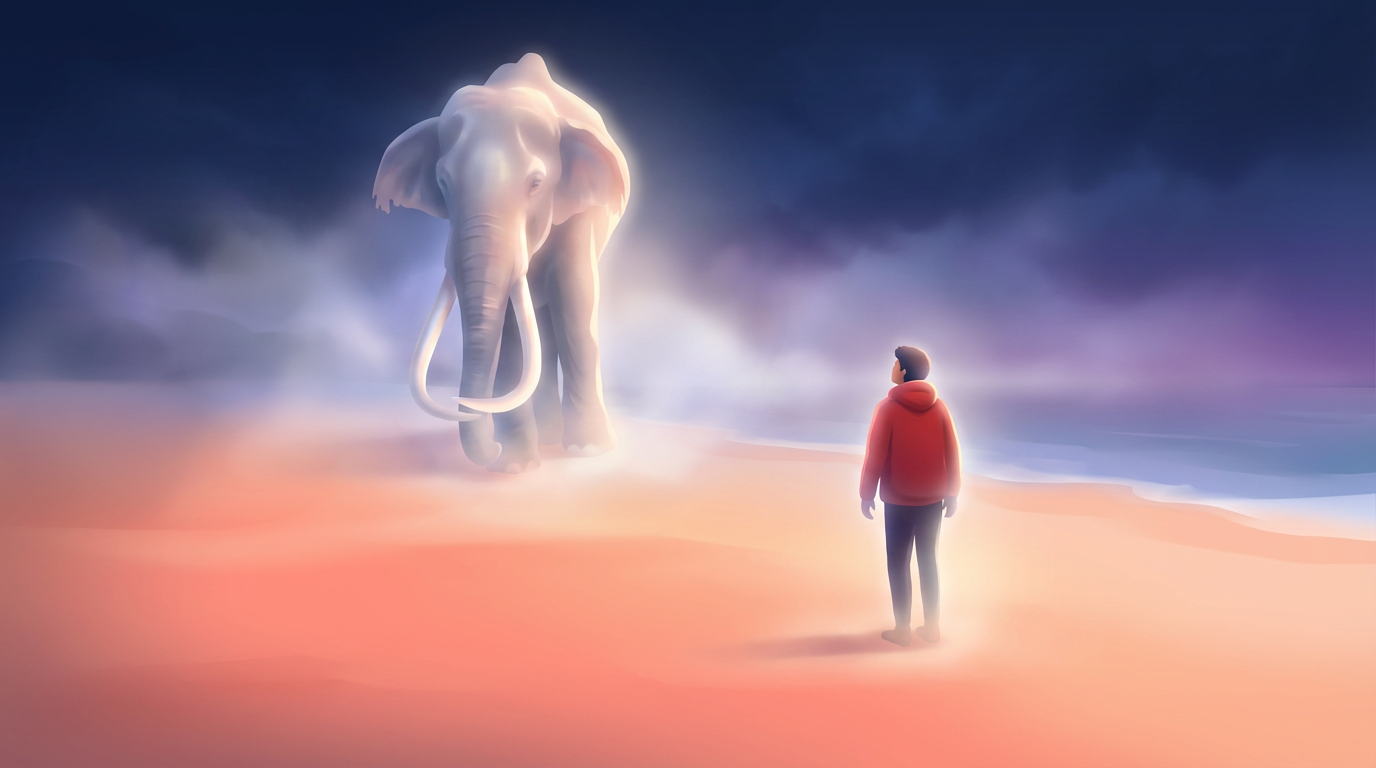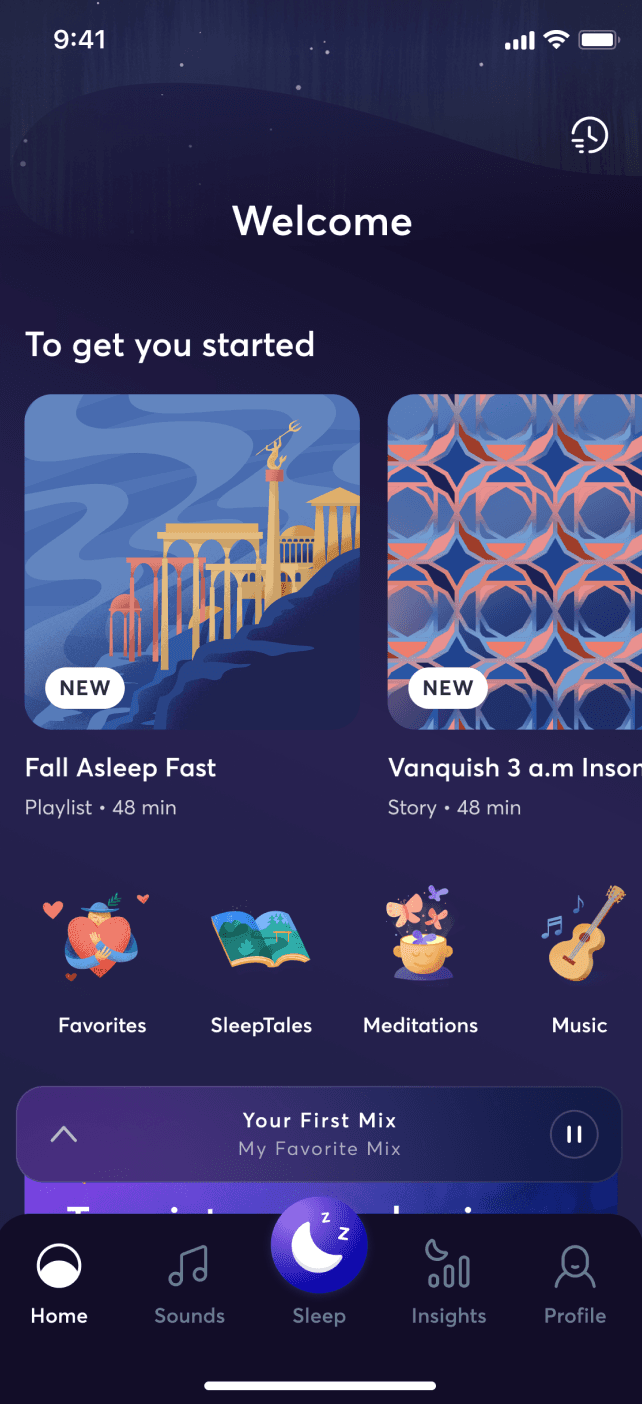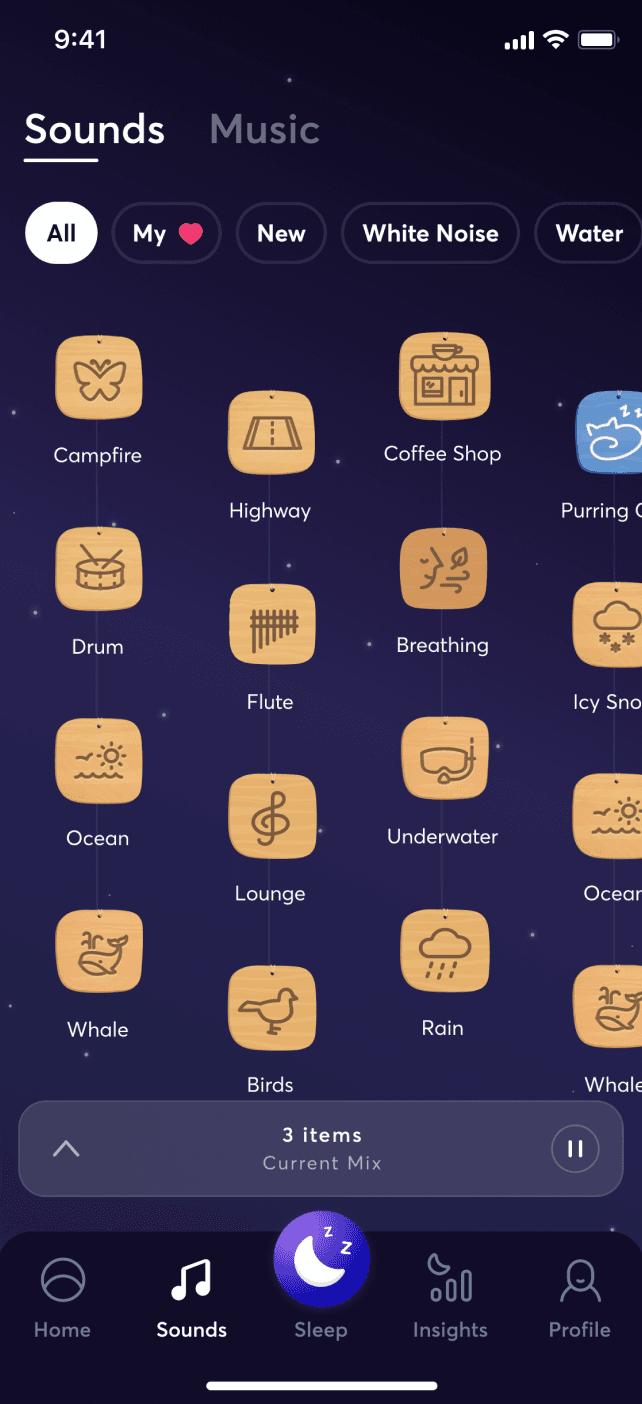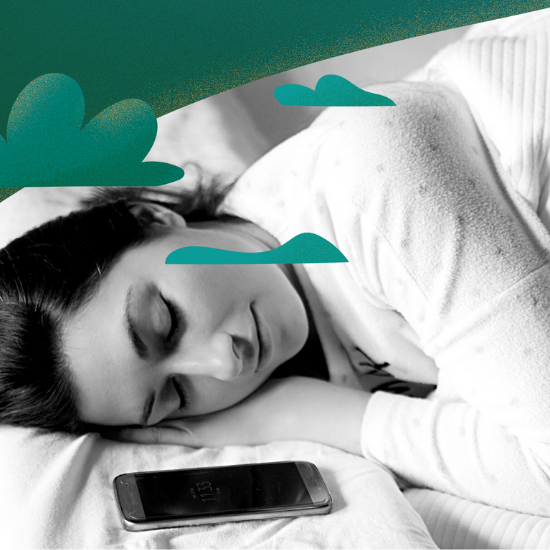
Disruptive Sleep Habits and What to Do About Them
They say quality’s always more important than quantity—and for sleep, even more so. Unfortunately, many people continue to experience sleep disruption (also known as sleep fragmentation) in all of its forms: snoring, sleepwalking, tossing, talking, you name it.
What’s worse is there’s even a whole bevy of problems you could be experiencing both in the short and long-term when these habits show themselves. Even if you end up eventually getting a full eight hours of sleep, you could still find yourself waking up multiple times in the middle of the night, gatecrashing your sleep cycle. So how do they happen? And how can you prevent or mitigate them? Keep reading to find out.
Examples of disruptive sleep habits
The more your sleep continuity is thrown off-balance, the more trouble you’ll have at getting a good night’s sleep. Some of the more classic examples include snoring, tossing and turning, groaning (also known as catathrenia), sleepwalking, sleep-talking, and kicking blankets. Sleepwalking in particular is believed to be hereditary, and kicking your blanket off of you is what can happen while you’re tossing in your sleep—especially if overheating and/or uncomfortable in your bed.
Going for a night out drinking can also be a red flag, as alcohol increases the odds of you snoring. Because alcohol relaxes your muscles, airways can get blocked and more effort is needed from the body to inhale oxygen, which then causes snoring. For some people, their snoring can even be audible during sleep. Drinking can also disrupt your sleep cycle, since you won't spend enough of it in REM sleep—a critical type of sleep for brain development.
Why do they happen?
If you’ve ever wondered why you toss and turn all night, there may be underlying causes behind it. Stress, genetic disorders, prescription medication, alcohol, lifestyle choices, physical pain, working the graveyard shift, and circadian rhythm changes are all possible reasons you can’t get the best and most continuous possible sleep.
Disruptive sleeping habits can be the result of various disorders, such as sleep apnea, narcolepsy, or RSL (restless leg syndrome). Heart problems and nocturia (frequent nighttime urination) are also risk factors, as are medical issues like asthma. Sleep deprivation, poor sleep hygiene, and stress are also each considered factors for talking in one’s sleep.
Sleep disturbances can also be linked to increased stress, fatigue, and difficulty concentrating, as well as more serious conditions like diabetes and high blood pressure. After a certain age, chronic interrupted sleep can also beget long-term neurological conditions such as Parkinson’s or Alzheimer’s, as can mental health issues like depression. Both depression and anxiety are already risk factors for disrupted sleep, as are numbness and/or tingling feelings in your limbs. Studies have also found a link between disruptive sleep and arthritis.
How can I prevent them?
When somebody sleeps a full night, it can have a positive effect on cognitive functions such as memory and thinking. One of the first things anyone could do to mitigate the effects of their disruptive sleep habits is to make the correct adjustments to their lifestyle. This can be because of caffeine overuse, or eating and/or drinking alcohol too soon before bedtime. Cutting back on these behaviours, exercising frequently, and going to bed at the same time nightly can help prevent these habits from reoccurring.
Poor nutrition can also lead to more frequent tossing and turning at night, as can bad sleep hygiene and mental overactivity. Be sure to eat a balanced diet every day, avoid taking recreational drugs or certain medications before bed, and have a quiet, comfortable sleep environment around you. Refrain from looking at your phone, laptop, or any blue light-emitting device too soon before sleeping, as this can keep you awake longer even while you’re trying to fall asleep.

